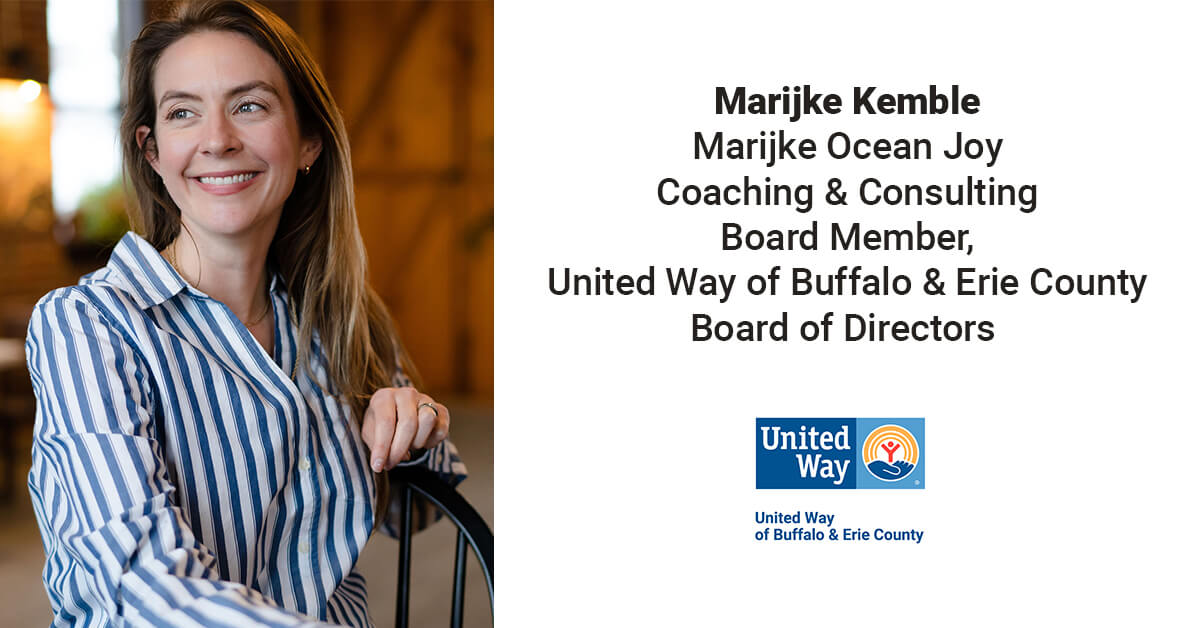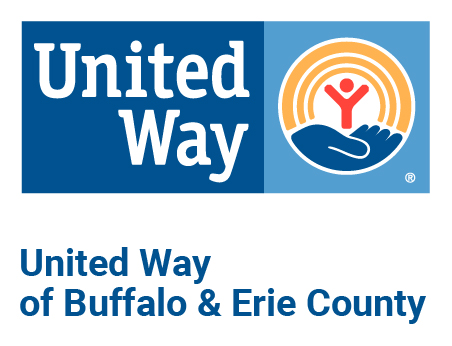Women In Leadership: Get To Know Marijke Kemble

What does Women's History Month mean to you?
For me, this month is a great opportunity to elevate the impact that women have had both locally and in the world. For me, it's not about showing how a few exceptional women made an impact but remembering that throughout the course of history, women have always been an integral part of our successes (and mistakes) and we can use this month to remember to see how women are a part of the story.
What moments in women's history are meaningful to you?
I love any story that forces us to look at history in a new light and invites us to change the mainstream narrative. For example, Katherine Johnson was tone dozens of African American women mathematicians at NASA in the 1950s. She is credited with making the calculations that landed Neil Armstrong's Apollo 11 flight on the moon and ensured its safe return. And yet I didn't know of her when I was learning about the race to the moon. In fact, in that time many intelligent women were given jobs as computer programmers because male engineers didn't take computers seriously. And so we have a narrative that women and girls aren't as interested in STEM ... but there is this rich history of women being in fact the preeminent scholars as mathematicians and engineers that we need to elevate. This should be the history of women in STEM all year long.
Can you talk about one or two of the many contributions that women have made in our community?
Right now two of my favorite stories of women in our community are first, the story of the Phyllis Wheatley Club which was a group of African-American women who in 1900 protested the depiction of African Americans planned for the Pan-American Exposition. Dr. Barbara Seals Nevergold writes a beautiful history of this on the Uncrowned Community Builders website. I love the specific role that these women took on this issue but I am more broadly inspired by the way this story exemplifies the deeply passionate and strategic leadership that African American women have always given us for advocacy and activism. Another favorite story I have is the story of Maria Love who in 1881 opened the first-day care in the United States right here in Buffalo at 159 Swan Street. This tradition of helping working families has strong roots here in Buffalo and I love the idea that we might be able to build upon that legacy by establishing new and positive "firsts" in support of working families in the 2020s!
How do you think having women in leadership positions impacts an organization's success?
Well, all the data just really shows that organizations are more successful, profitable, etc... when women make up at least 30% of executive leadership. It's pretty simple math, but still so hard to create the change. So my instinct about how/why organizations do better is that when we have more gender diversity in leadership decisions are better balanced. There are fewer blind spots, a better assessment of risks and rewards, a more holistic view of the problems and solutions. Boards and organizations that are led by people that are similar are more likely to get "tricked" by the same cognitive biases. Of course, gender diversity creates better balance...AND racial and ethnic diversity is beneficial for the same reason.
What is one way anyone can challenge gender bias and inequity in their community?
Bring women and girls into the conversation. Around the dinner table, when learning about history, in meetings at work, on projects, committees, and boards. Use your voice to invite women to share their voices. And call in the voices of women from the past to enrich stories and decisions of all kinds.
